Some Republicans who backed independent Jan. 6 commission face primary consequences
All in all, 10 of the 35 will not return to the House: What about the other 25?
Thirty-five House Republicans voted in May 2021 in favor of legislation that would have created an independent commission to investigate the insurrection at the U.S. Capitol.
While that bill never advanced, due to filibusters from Republicans in the Senate, the shadow of the vote has hung over various primary races as the conservative base reconsiders -- and in some cases turns against -- the GOP lawmakers who bucked the line in a party largely defined by loyalty to former President Donald Trump.
The Jan. 6 commission vote is not the only factor influencing each of the races, but it is an example of how Republicans who break with Trump -- especially over Jan. 6 -- are then defined, in part, by that choice.
All in all, 10 of the 35 will so far not return to the House of Representatives for the next term due to retirements, resignations or primary defeats. The question remains how many of the remaining 25 will suffer the same fate.
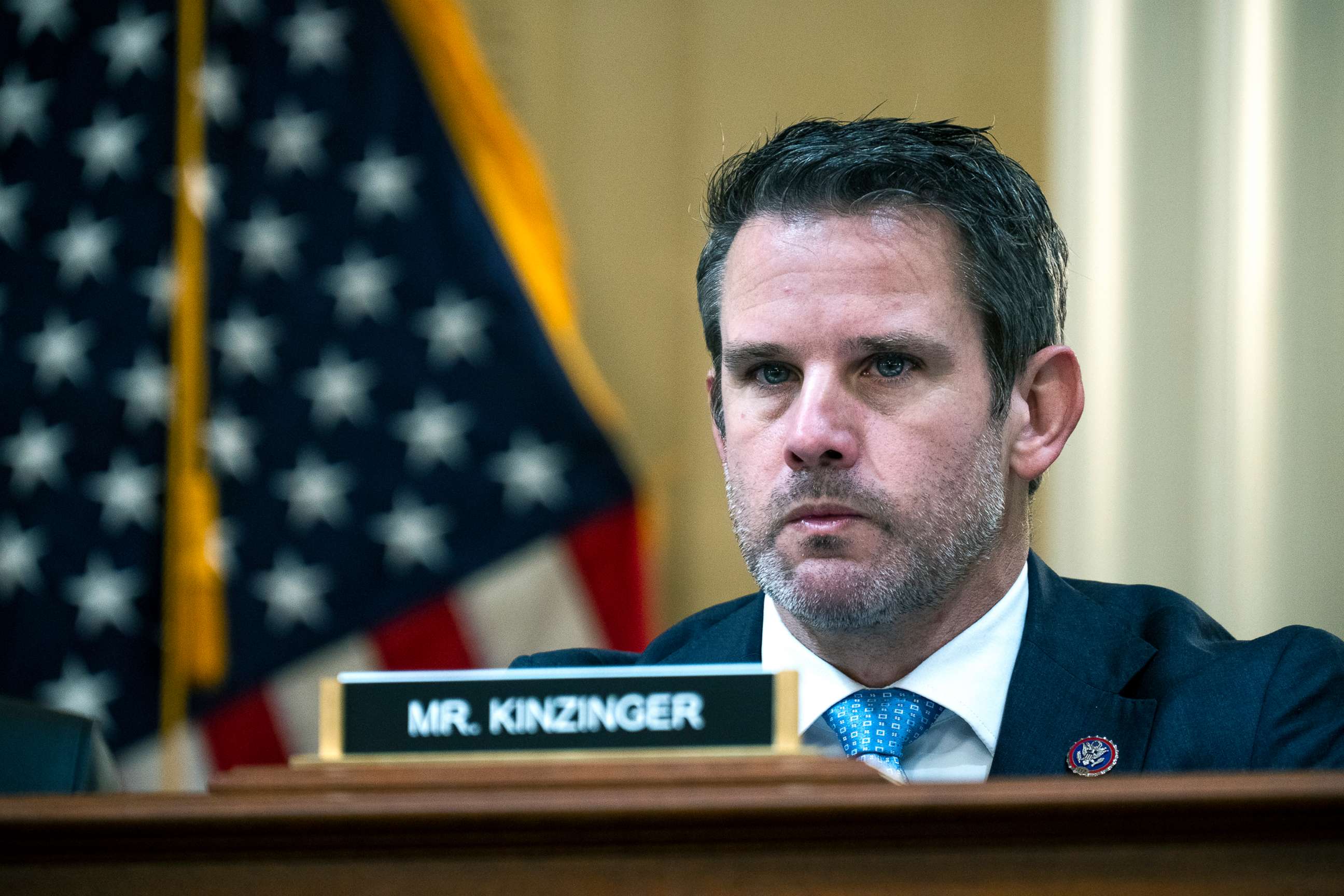
Six-term Illinois Rep. Adam Kinzinger chose not to run at all. Kinzinger -- one of his party's most prominent anti-Trump members alongside colleague Liz Cheney and one of the 10 Republicans to also vote in favor of Trump's second impeachment in the wake of the Capitol rioting -- announced in October he was stepping back after being drawn into a congressional district that would pit him against another incumbent.
Ohio Rep. Anthony Gonzalez, another bipartisan commission supporter, cited "toxic" intra-party fights as part of his reasoning to step back, too.
"While my desire to build a fuller family life is at the heart of my decision, it is also true that the current state of our politics, especially many of the toxic dynamics inside our own party, is a significant factor in my decision," Gonzalez said in a statement in September.
Gonzalez' seat may next be filled by MAGA-world candidate Max Miller, a Trump White House and campaign aide who won the Republican primary for Gonzalez's newly drawn district.
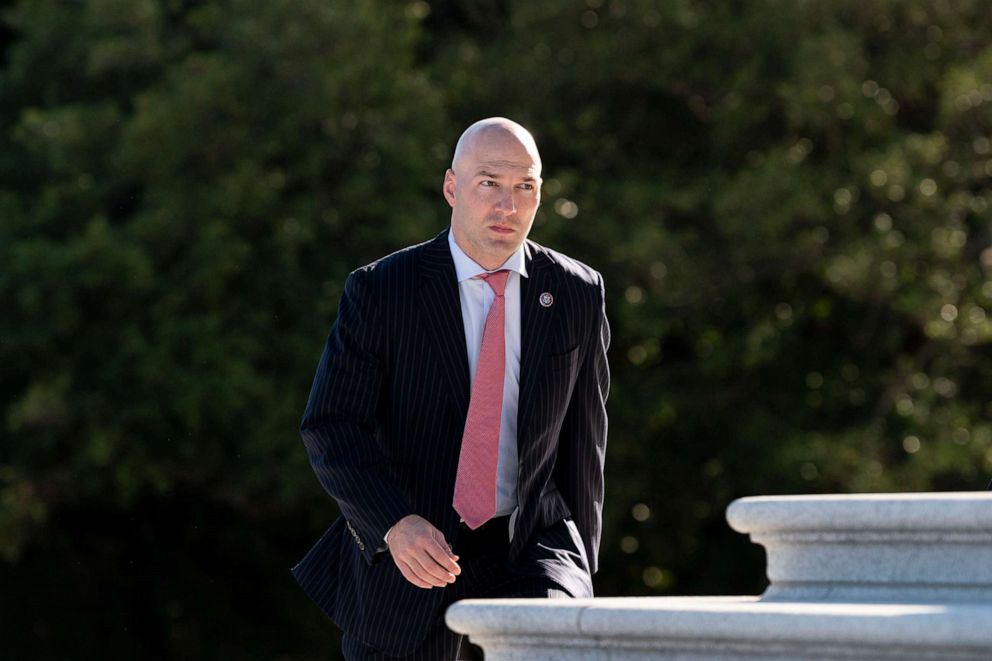
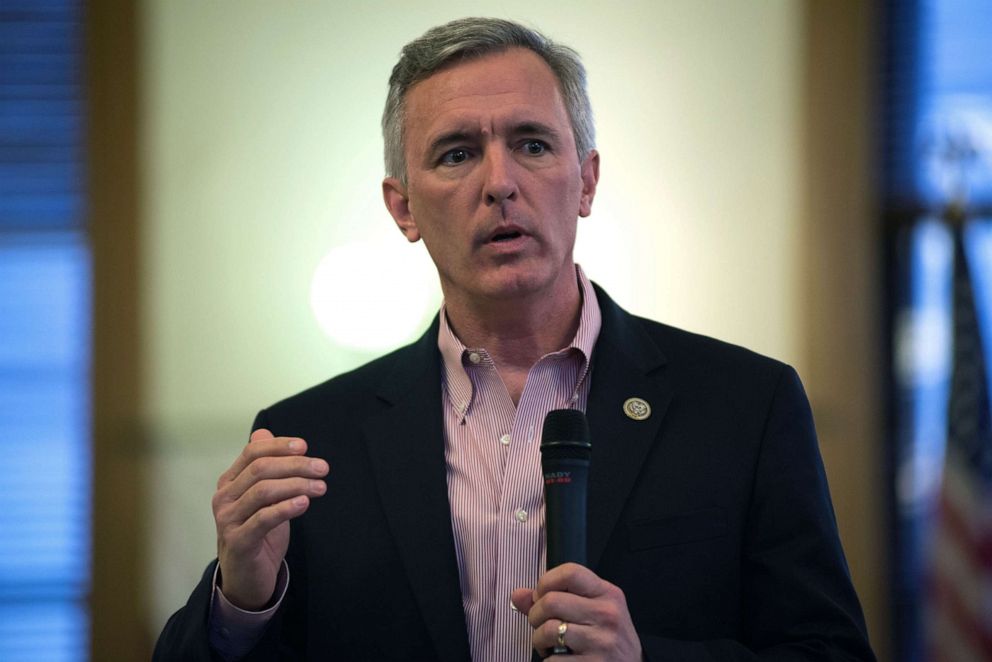
A similar situation has played out in Michigan, where Rep. Fred Upton announced he would not seek a 19th term -- all but guaranteeing that Trump-backed incumbent Rep. Bill Huizenga will advance in the August primaries to this newly redistricted seat.
New York Rep. John Katko, who was key in negotiating the ultimately doomed bipartisan commission, announced in January that he was retiring to spend more time with his family. Trump lauded Katko's retirement in a statement, saying: "Great news, another one bites the dust."
Other commission supporters who decided to take on a re-election were unable to squeak through. In West Virginia, Rep. David McKinley was bested by Trump-endorsed Rep. Alex Mooney in a member-on-member primary. Rep. Michael Guest, in Mississippi's 3rd District, has been pinched into a run-off with former Navy pilot Michael Cassidy, who has leaned into the party's more fringe sensibilities: In a campaign ad, Cassidy promised that, if elected, he would try to audit the 2020 presidential election and introduce articles impeachment of President Joe Biden.
And David Valadao, the sole California Republican to vote for Trump's second impeachment, is in a tightening contest to secure his job. While his race is still too close to call after voting ended Tuesday, Valadao leads among Republican candidates. But some of his support has been siphoned off by Chris Mathys, who sued California to get himself listed as a "Trump Conservative" on the ballot.
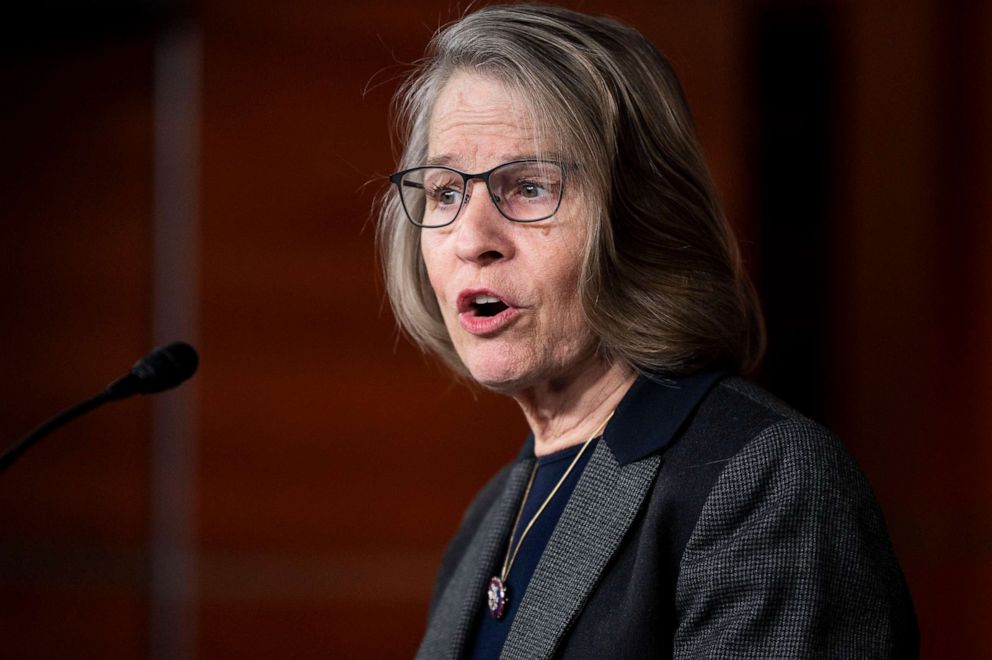
Still, other Republicans who voted for the Jan. 6 commission have been able to fend off attacks, including Iowa. Rep. Miller-Meeks, who ran unopposed, and Reps. Chris Smith of New Jersey, Dusty Johnson of South Dakota and Arkansas' Steam Womack, who decidedly won their primaries.
Many of the remaining group are in closely watched races throughout the summer, like South Carolina Rep. Tom Rice, who faces a tough contest just next week.
At a rally in March supporting primary challenger Rep. Russell Fry, Trump said Rice "broke our trust" with his vote on Trump's second impeachment and is a "total fool."
In an exclusive interview with ABC News' Jonathan Karl, Rice said supporting Trump's impeachment was "the conservative vote" and that he has no regrets, despite political backlash.
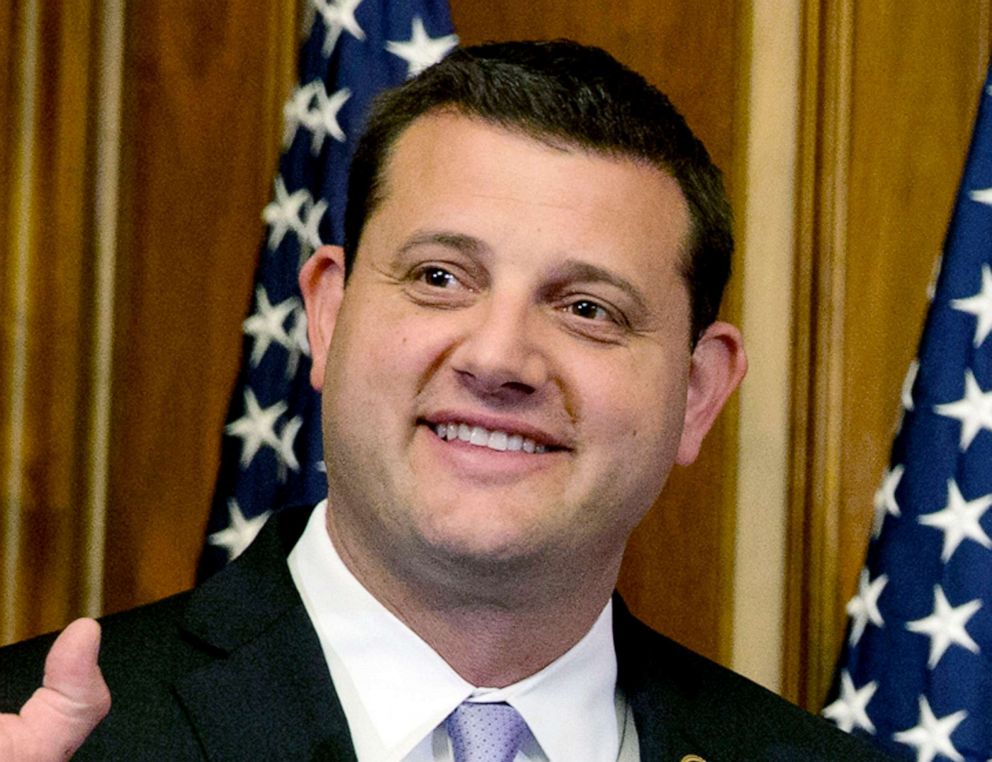
"It was clear to me what I had to. I was livid. I am livid today about it. I took an oath to protect the Constitution," said Rice. "I did it then, and I would do it again tomorrow."
And Rice bristled at Trump's attempts to paint him as a foolish traitor.
"If I am a 'disaster' and a 'total fool,' and I voted with him 169 or however many times, what does that make him, right?" Rice said. "I'm taking his lead."




